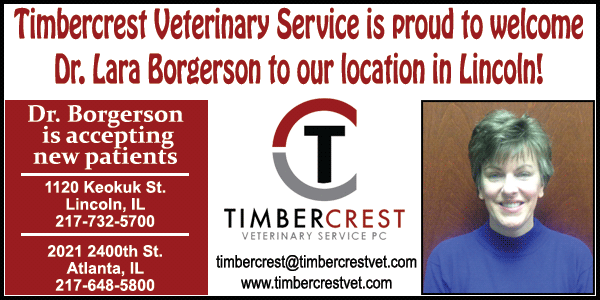|
Europe's largest carmaker has been on the lookout for a
full-time chairman since April, when Ferdinand Piech was ousted,
leaving Volkswagen's labor representatives, who control half the
seats on the supervisory board, and the State of Lower Saxony,
which owns 20 percent of VW, to fill the power vacuum.
"We want to first have a debate about the company structure,
then we can talk about a supervisory board chair," Bernd
Osterloh, who is head of Volkswagen's works council, told
Reuters.
Osterloh has emerged as a more powerful figure within VW since
Chief Executive Martin Winterkorn relied on his backing to fend
off a challenge from Piech..
"We have not yet begun a debate about the supervisory board
chief," Osterloh said, adding that the issue will be discussed
during the course of the year.
Volkswagen Group's corporate structure should be adjusted to
reflect the company's various modular production platforms: MQB
for small to mid-sized cars, MLB for larger vehicles and MSB for
sports cars, Osterloh said.
"A new corporate structure needs to reflect these modular
platforms. The individual brands should be forced to adhere to
the specifications of the various platforms," Osterloh said,
saying that some brands had undertaken extensive and costly
modifications of the platforms in the past.
The company's structure is currently based around its various
brands, which include Audi, Lamborghini, Bentley, Bugatti, Skoda
and Seat passenger cars as well as MAN and Scania trucks.
"Decisions about modular platforms must be taken in Wolfsburg,"
Osterloh said, adding that the group's headquarters in Wolfsburg
should receive the power to oversee whether the brands are
complying with the platforms' specifications.
He said in his view, a proposed company structure should be
ready to be presented in September, including a strategy that
goes beyond 2018.
"The company needs to be able to take decisions quicker, and a
smaller management board. Regions need more competence to take
decisions," Osterloh said.
The company's attempts to expand in the United States have so
far failed to gain traction, Osterloh said. To succeed going
forward, the company should think about entering the segment of
large pick-up trucks.
"We want to accelerate efforts to catch up with rivals. To do
this, a pick-up is needed in the medium term," Osterloh said.
(Reporting by Edward Taylor; Editing by Maria Sheahan)
[© 2015 Thomson Reuters. All rights
reserved.] Copyright 2015 Reuters. All rights reserved. This material may not be published,
broadcast, rewritten or redistributed.
 |
|




